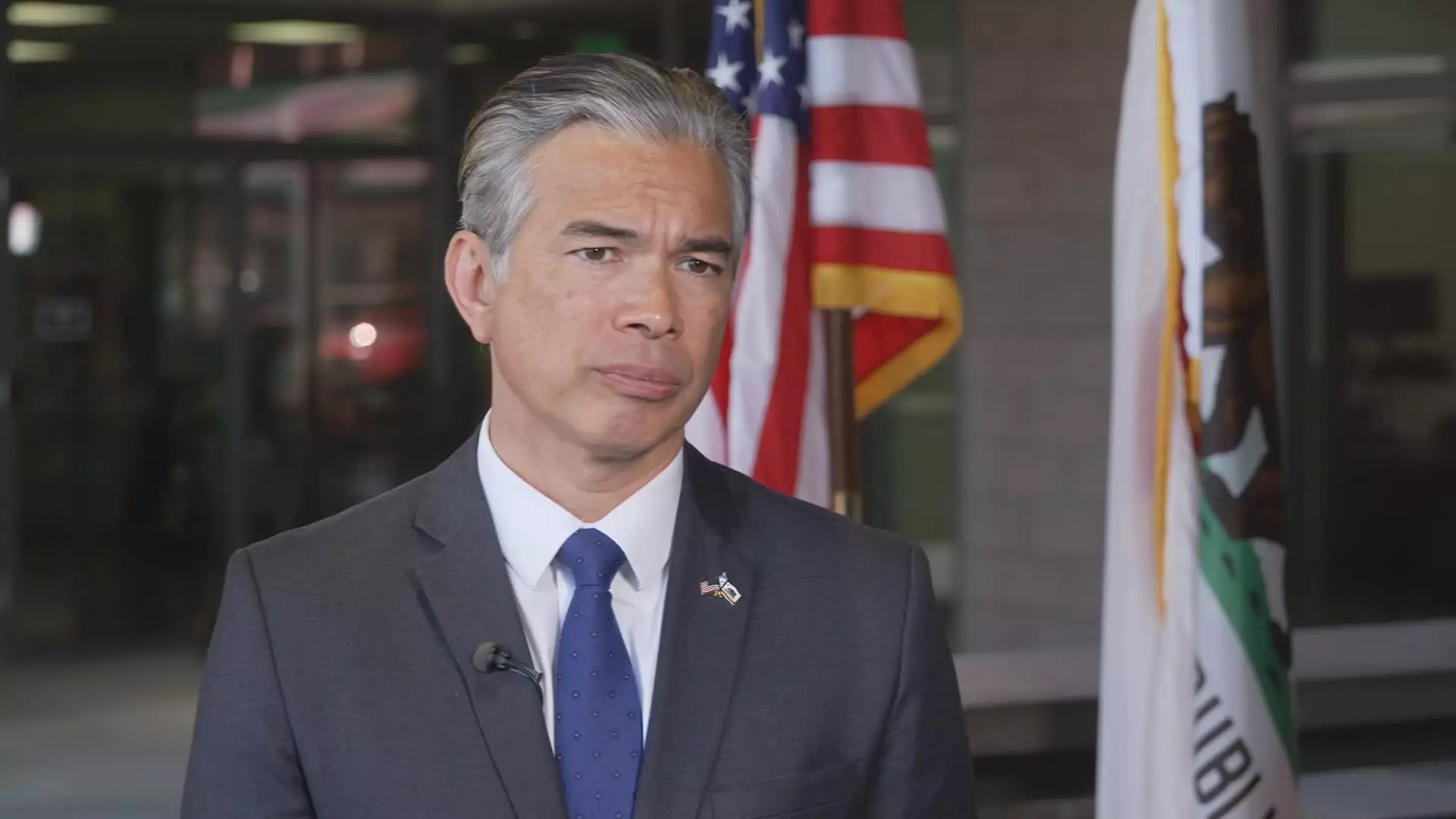Recently, California Attorney General Rob Bonta issued a stern warning to executives in the tech industry, urging them to take greater measures to safeguard voters from deception, intimidation, and dissuasion in the lead-up to the upcoming November election. It was emphasized that millions of Californians rely heavily on social media platforms and artificial intelligence services for information pertaining to elections, making it imperative for these companies to ensure that their platforms are not misused to mislead voters about their constitutional right to vote.
Bonta’s letter to the CEOs of major companies such as Alphabet, Meta, and Microsoft highlighted various sections of California law that specifically address the prohibition of interference with voting rights. This includes misleading individuals about voting locations and times, as well as utilizing intimidation tactics. The transmission of materially deceptive audio or visual media of a candidate with malicious intent, particularly within 60 days of an election, is also explicitly prohibited under California state law.
The cautionary message from the California Attorney General comes on the heels of a controversial incident involving pop star Taylor Swift, who endorsed Kamala Harris for president amidst false AI-generated images circulating online claiming she had endorsed Donald Trump. This incident was further exacerbated by Elon Musk, the owner of X, who shared an AI-generated image depicting Harris as a communist dictator, perpetuating misleading narratives about the candidate.
It was revealed that prominent AI technologies developed by companies such as Google, OpenAI, Microsoft, and Musk’s xAI have the capability to rapidly generate images and text based on user prompts. These technologies, including Google’s Gemini and OpenAI’s Dall-E and Chat GPT, raise concerns about the creation and dissemination of fake images of political figures, as demonstrated by the release of Grok-2, an updated version of xAI’s product with seemingly unrestricted capabilities.
The evolving landscape of technology poses significant challenges to safeguarding voter rights and ensuring the integrity of electoral processes. As advancements in AI continue to blur the lines between reality and deception, it is crucial for tech companies to exercise greater responsibility in preventing the misuse of their platforms for malicious purposes. The collaborative efforts of lawmakers, law enforcement agencies, and industry leaders are essential in upholding democratic principles and protecting the sanctity of elections in the digital age.


Leave a Reply